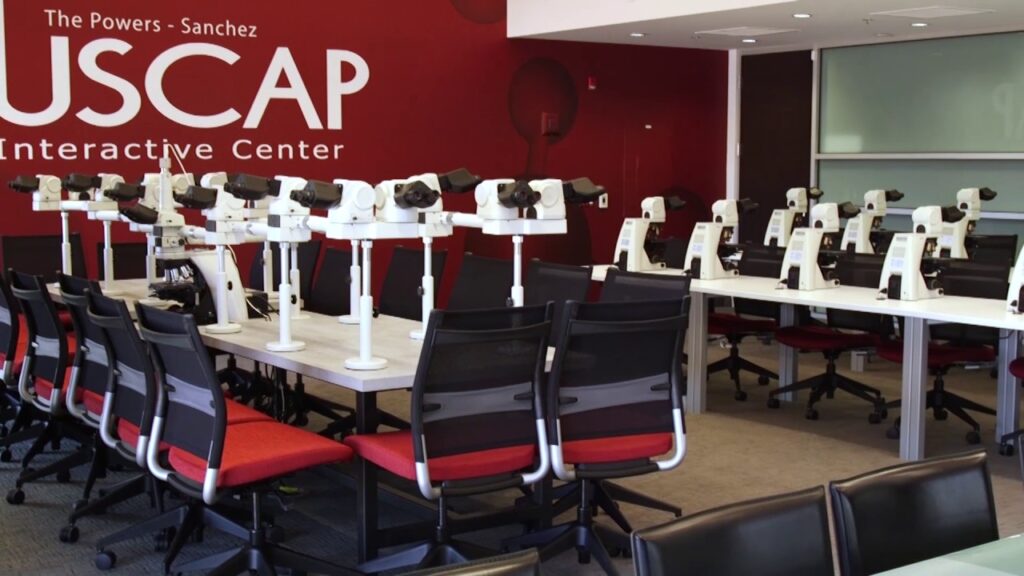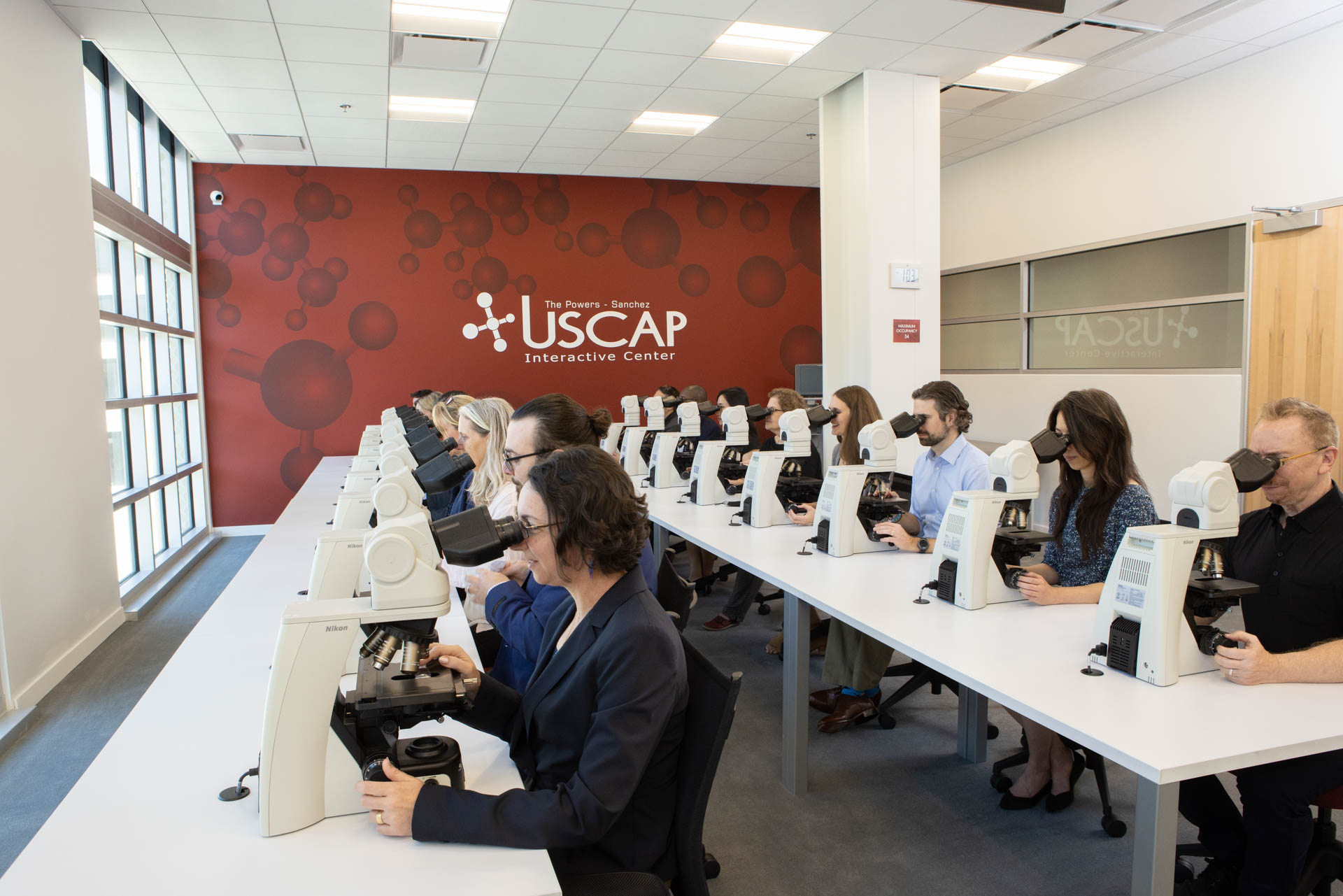Pathologists are medical doctors who specialize in the diagnosis of diseases by studying tissue samples. They examine biopsies, autopsies, and surgical specimens to identify abnormalities, analyze disease processes, and monitor treatment effectiveness. In recent years, digital pathology has emerged as a valuable tool for pathologists, enabling them to examine high-resolution images of tissue samples on a computer screen. One of the most innovative digital pathology tools is the USCAP Virtual Slide Box, a web-based platform that allows pathologists to access a vast library of virtual slides for educational and diagnostic purposes.
What is the USCAP Virtual Slide Box?
The USCAP Virtual Slide Box is an online resource developed by the United States and Canadian Academy of Pathology (USCAP). It is a comprehensive library of virtual slides, which are high-resolution digital images of tissue samples taken from real patients. The virtual slides are created using a special scanning process that captures the entire tissue sample at high magnification, allowing pathologists to view the tissue in fine detail.
See also: laser eye surgery sydney
The virtual slides are organized by disease category and can be searched using a variety of criteria, including tissue type, diagnosis, and staining method. The USCAP Virtual Slide Box also includes educational resources such as interactive quizzes, case studies, and video lectures, all designed to help pathologists improve their diagnostic skills.

How does the USCAP Virtual Slide Box work?
The USCAP Virtual Slide Box is accessed through a web-based platform that requires a subscription. Once subscribed, users can search the library of virtual slides by keyword or browse through the collection by disease category. Each virtual slide is accompanied by a brief clinical history and a description of the diagnosis, as well as information about the staining method used to prepare the slide.
Users can view the virtual slides using a range of magnification levels, allowing them to examine the tissue at different levels of detail. They can also annotate the slides with text or drawings, which can be saved and shared with other users. The USCAP Virtual Slide Box also includes a discussion forum, where users can ask questions and share information about specific cases.
Benefits of the USCAP Virtual Slide Box
The USCAP Virtual Slide Box offers a range of benefits for pathologists, including:
- Improved diagnostic accuracy: By providing access to a vast library of virtual slides, the USCAP Virtual Slide Box enables pathologists to improve their diagnostic skills and increase their knowledge of rare or unusual disease conditions.
- Educational resources: The USCAP Virtual Slide Box includes a range of educational resources, such as quizzes, case studies, and video lectures, which can be used to enhance pathologists’ knowledge and skills.
- Time-saving: The USCAP Virtual Slide Box saves time for pathologists by providing instant access to a comprehensive library of virtual slides. This eliminates the need for pathologists to create their own virtual slides or search for slides from other sources.
- Cost-effective: The USCAP Virtual Slide Box is a cost-effective alternative to traditional pathology education and training, which can be expensive and time-consuming.
- Collaboration: The USCAP Virtual Slide Box provides a platform for pathologists to collaborate and share information with colleagues around the world, fostering a global community of experts in the field.
Limitations of the USCAP Virtual Slide Box
Despite its many benefits, the USCAP Virtual Slide Box has some limitations. One of the main limitations is the need for a high-speed internet connection and a powerful computer to access and view the virtual slides. In addition, the virtual slides may not always capture the full range of features seen in traditional glass slides, and there may be limitations in terms of the resolution or quality of the images.
More to read: University of Michigan, Medical Gross Anatomy
